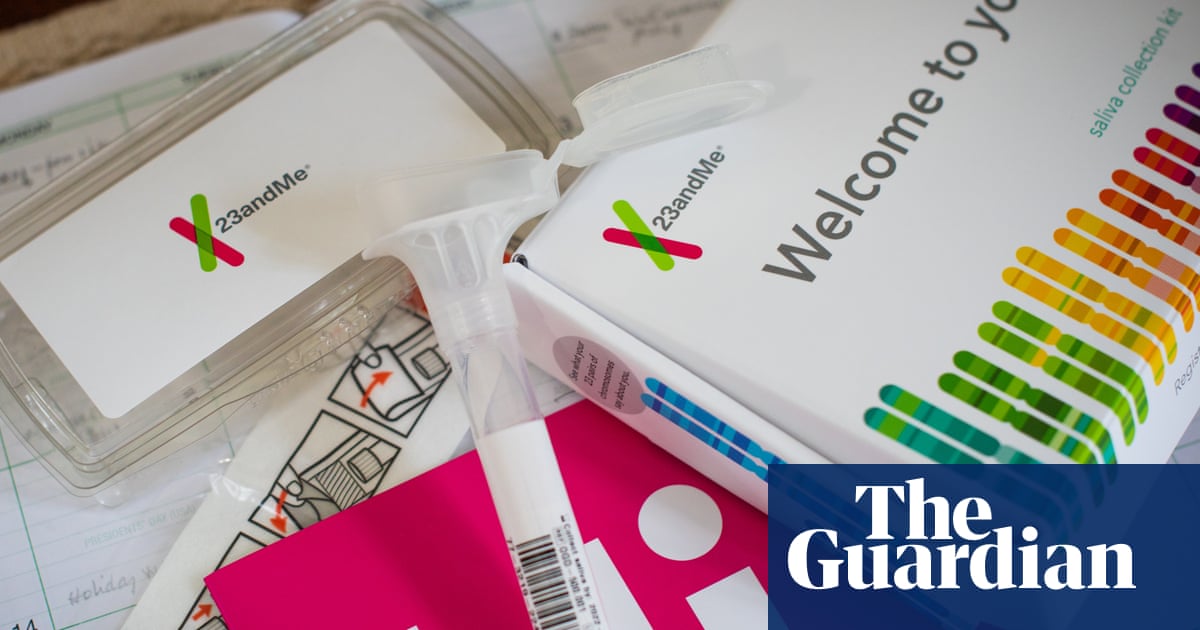DNA testing company 23andMe is back up for sale, throwing a purchase agreement reached last month into chaos, court filings show.
The board of directors of 23andMe, which filed for bankruptcy in March, had agreed to sell the company and its assets to pharmaceutical firm Regeneron for $256m after conducting an auction in April. However, the founder and former CEO of the genetics company, Anne Wojcicki, put in a $305m bid through a newly formed non-profit, TTAM Research Institute, after the auction ended and pushed the bankruptcy court to re-open the sale process. She tried to buy the company multiple times during its long decline and bankruptcy but was rejected by the board.
TTAM’s offer of $305m will serve as a starting price for the secondary sale process, and Regeneron will be permitted to submit a competing bid that is at least $10m more. Both companies will be able to then submit a final offer. Whoever loses will qualify for a $10m breakup fee, according to the Wall Street Journal, which firstreportedthe news.
Sign up toTechScape
A weekly dive in to how technology is shaping our lives
after newsletter promotion
The reopening of the auction puts the valuable trove of DNA data that 23andMe has accrued back on the market. Consumer concerns over who will control their data after a sale and what they would do with it prompted hundreds of 23andMe customers to delete their DNA info from the site. As part of its acquisition, Regeneron said it would comply with 23andMe’s privacy policies and applicable laws with respect to the use of customer data. In the weeks since the acquisition was agreed upon, Regeneron said that it had already started to work with a consumer privacy ombudsman and was “preparing to work with regulators, among others, to assure all interested stakeholders that 23andMe will be in safe hands and will not face the data breach issues that plagued it in the past”, according to court filings.
Regeneron agreed to the terms of the secondary sale but in court filings lamented that TTAM was permitted to submit the bid after the auction closed in spite of rules that prohibited such late bids. The company accused both TTAM and 23andMe of violating the court-ordered bidding procedures, including the deadline for bids and overbids.
“Since the auction ended, Regeneron has been subject to remarkably unfairtreatment,” court filings read. “Despite auction rules that unambiguously prohibit bids after the auction, and that likewise prohibit bidders from seeking to reopen the auction, TTAM—a vehicle controlled by the Debtors’ former CEO, which participated at every stage of the auction—has submitted a flurry of new bids and has pressed non-stop to reopen the auction.”
Regeneron further pointed to an eighth circuit ruling that warned against allowing buyers to “bide[] its time during the auction, taking an opportunity to survey the landscape of the sale, only later to submit an upset bid at the lowest possible price”. The company also cited Wojcicki’s previous failed attempts to purchase the company or take it private.
“In short, and given that history, no bidder would ever voluntarily participate in anauction in which the Wojcicki Parties, who led the company into this proceeding, could use the auction process as a vehicle for price discovery, with a one-way option to reopen the process—and to bid again—after the auction concludes,” Regeneron’s attorneys wrote in court filings.
23andMe, Regeneron and TTAM did not respond to requests for comment.
